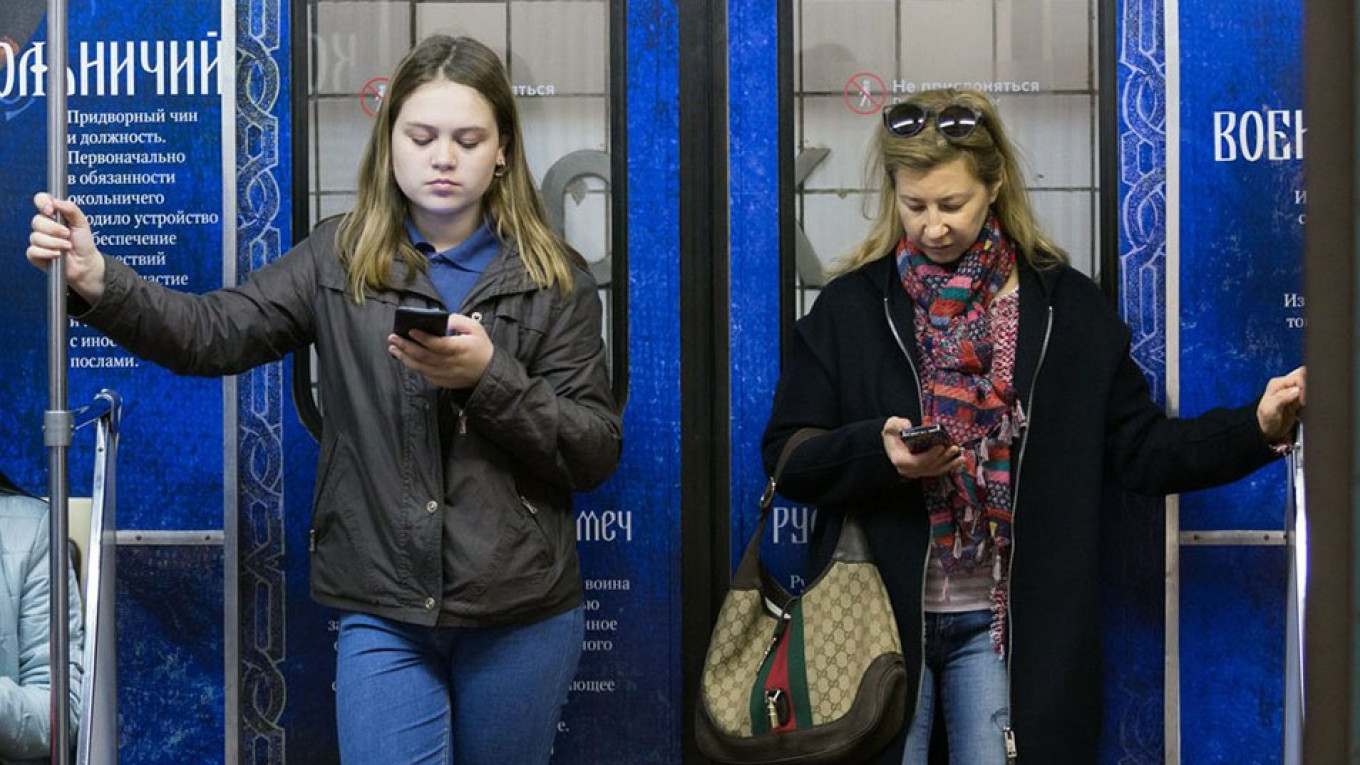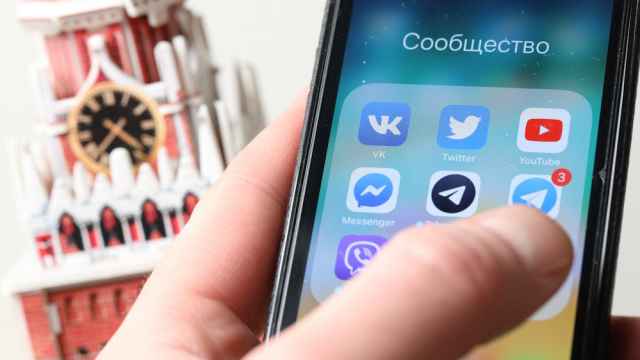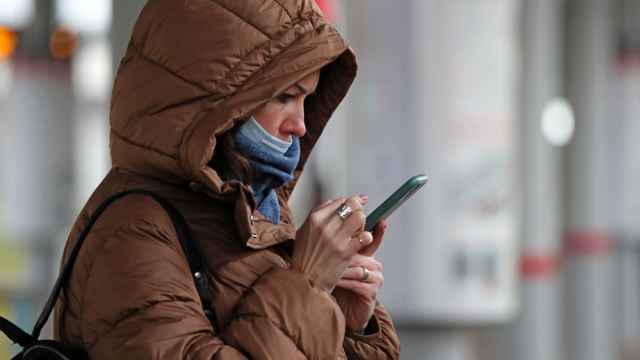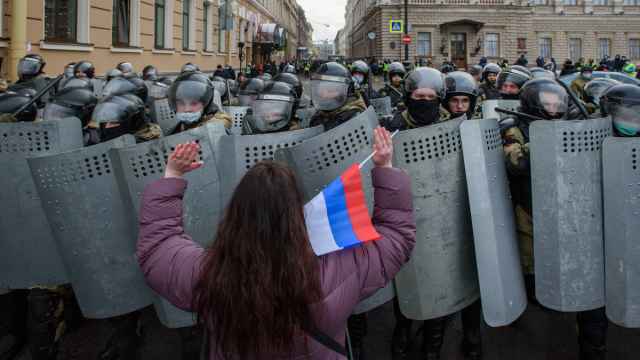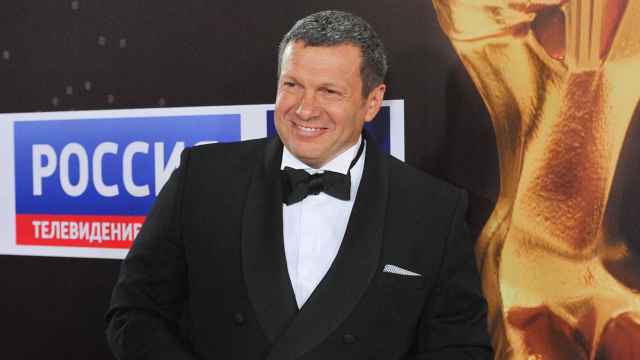Russia's leading media holding, which is controlled by state energy giant Gazprom, will launch an app similar to the video-sharing social network TikTok, the group's CEO said Wednesday.
The Kommersant business daily cited Gazprom-Media CEO Alexander Zharov as saying the holding had purchased a service called "Ya Molodets" ("I am great").
Zharov said the app was developed with the support of the Innopraktika foundation, an organization run by Katerina Tikhonova — one of President Vladimir Putin's alleged daughters.
Gazprom-Media will "use the project's software to speed up the creation of a new video service for Russian bloggers," Zharov said, adding that it will be launched within two years.
The app will support the sharing of short vertical videos, similar to the Chinese social network TikTok.
Zharov took charge of Gazprom-Media earlier this year after leaving his post as head of the Russian media watchdog Roskomnadzor that was behind the failed blocking of the Telegram messaging service.
Gazprom-Media is one of Russia's largest media organizations, owning some of its most-watched television channels and a range of radio stations.
Earlier this month Zharov announced that Gazprom-Media will launch two websites similar to YouTube in the next two years, with one being an improved version of the Rutube streaming service — a platform targeted at Russian speakers that Gazprom-Media acquired in 2008.
On Wednesday Zharov said the holding had been working for "about a year to modernize it and make it no worse than YouTube in terms of tools."
In recent years YouTube has become an increasingly popular platform for young Russians, with some of the most-watched channels racking in tens of millions of views.
It has also become a source of independent news and an alternative to the main television channels that are mostly under state control.
Authorities have continuously stepped up efforts to tighten control over the Russian segment of the internet under the pretext of fighting online extremism.
Earlier Wednesday the lower house of parliament passed legislation that would make it possible to block internet platforms, including YouTube, if they are found guilty of "censorship" and "discrimination."
A Message from The Moscow Times:
Dear readers,
We are facing unprecedented challenges. Russia's Prosecutor General's Office has designated The Moscow Times as an "undesirable" organization, criminalizing our work and putting our staff at risk of prosecution. This follows our earlier unjust labeling as a "foreign agent."
These actions are direct attempts to silence independent journalism in Russia. The authorities claim our work "discredits the decisions of the Russian leadership." We see things differently: we strive to provide accurate, unbiased reporting on Russia.
We, the journalists of The Moscow Times, refuse to be silenced. But to continue our work, we need your help.
Your support, no matter how small, makes a world of difference. If you can, please support us monthly starting from just $2. It's quick to set up, and every contribution makes a significant impact.
By supporting The Moscow Times, you're defending open, independent journalism in the face of repression. Thank you for standing with us.
Remind me later.


